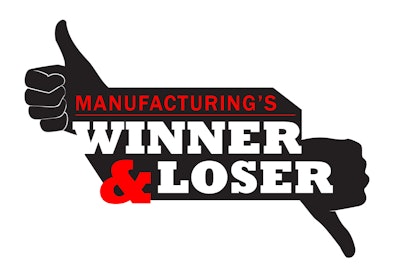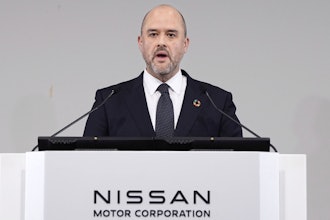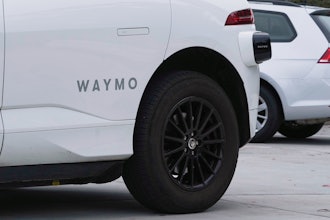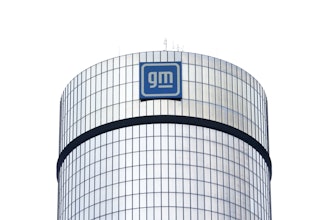
This week's winner developed a new technique to improve both the product and the process; this week's loser lost its largest customer following a massive regulatory fine.
Winner

Engineers at Ohio State University developed a new welding technique that could increase the strength and practicality of welds while enabling the use of stronger metals. The new process is called vaporized foil actuator welding.
While the current welding process consists of melting metals together, this method would instead directly bond the atoms of the materials, increasing the strength of the bonds by 50 percent. The technique uses an electrical pulse to vaporize a very thin piece of aluminum foil, and the burst of hot gas then pushes two pieces of the metal together at high speeds.
In addition to drastically improving the strength of the bond, this process also uses 80 percent less energy than other traditional welding methods, and metal can be shaped during the process as well, saving manufacturers a step during production.
This technique could likely successfully benefit the auto industry by introducing the use of alternative metals which would reduce the weight of the vehicle and improve fuel efficiency, all while not compromising the strength of the metal.
Loser
Airbag maker Takata Corp. was hit with a $70 million fine levied by the National Highway Traffic Safety Administration following the recalls of millions of airbag inflators that can explode. The NHTSA could potentially add up to an additional $130 million to the penalty if the company does not comply with the terms of the five-year agreement reached over the issue.
 Immediately following the news of the fine came the announcement that Honda, Takata's largest purchaser of airbags, would no longer be using the company's front airbag inflators. Honda accounts for 38 percent of Takata's revenue, leaving many to question whether or not the company can survive the scandal.
Immediately following the news of the fine came the announcement that Honda, Takata's largest purchaser of airbags, would no longer be using the company's front airbag inflators. Honda accounts for 38 percent of Takata's revenue, leaving many to question whether or not the company can survive the scandal.
The inflators are responsible for eight deaths and more than 100 injuries, and have affected more than 40 million vehicles around the world. Regulators say the company has not handled the situation well, particularly in the beginning of the NHTSA investigation in which Takata resisted.
“There’s very little chance for Takata to survive,” Amir Anvarzadeh of BGC Capital Partners told Bloomberg. "It’s different from cheating devices. It’s a safety equipment maker killing people and lying about their issue.”






















